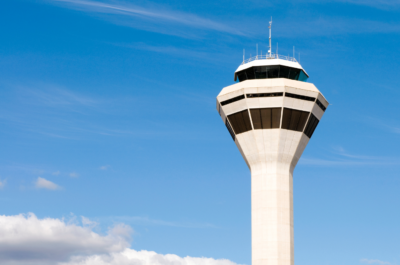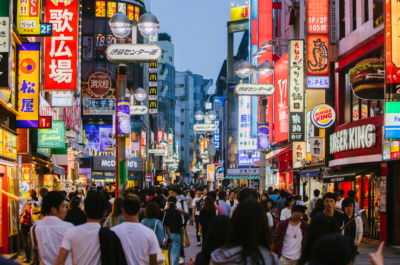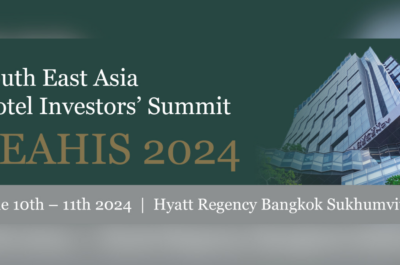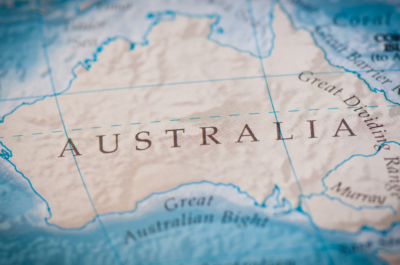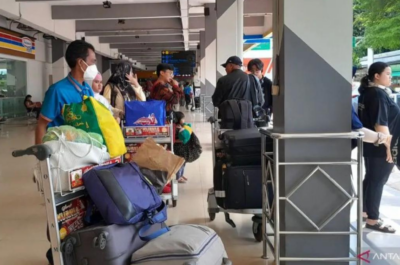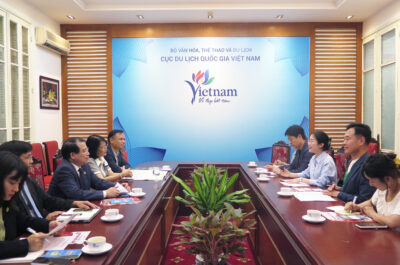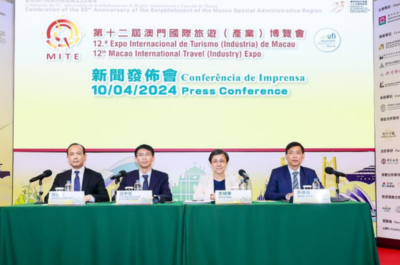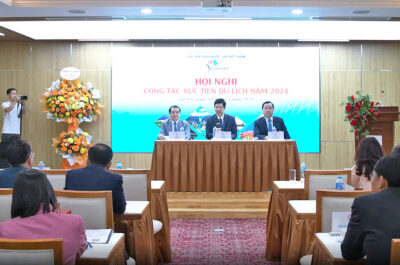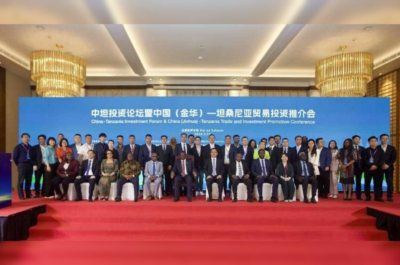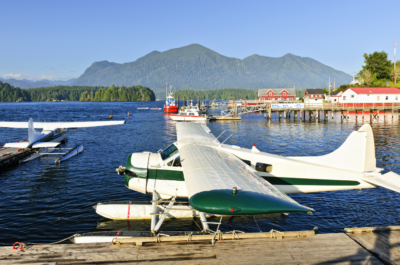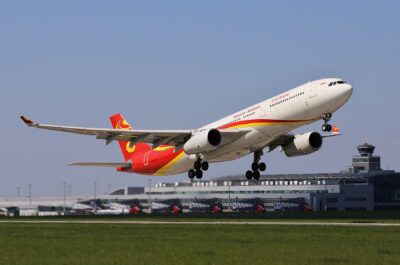The World Tourism Organization (WTO) Tourism Recovery Committee assesses that recent events in the world have temporarily…
The World Tourism Organization (WTO) Tourism Recovery Committee assesses that recent events in the world have temporarily set back the pace and scale of recovery but consumers will still seek to travel, even if it includes changing their destination or postponing their trip.Many markets continue to be strong, thus allowing the tourism industry to remain reasonably optimistic, while recognizing the structural changes currently in motion.
The WTO Tourism Recovery Committee met for the third time during the recent World Travel Market in London. Among attendees were high officials of several Member States, including representatives from Australia, the United States of America and the private sector, as well as the World Travel and Tourism Council. The speakers included WTO Secretary-General, Mr. Francesco Frangialli; President and CEO of the Travel Industry Association of America, Mr. William S. Norman; Director of International Relations of TUI, Mr. Gunther Ihlau; CEO of Australian Task Force, Mr. Christopher Brown; Indonesian Minister of Culture and Tourism, H. E. Gede Ardika and many others. The meeting was chaired by the Minister of Tourism and Antiquities of Jordan, H. E. Dr. Taleb Rifai.
The speakers varied in theme, yet overall agreed the impact on tourism has been international. Some of them stressed the fact that in some generic markets the reason for a decrease in outbound is a bad economic performance, for example in Germany. On the other side the British economy is doing really well, but the prices, most of all real-estate, went sky high, so although people, especially regular travellers are reluctant to spend. Some participants thus argued, that the economic situation in Europe is a more important obstacle in tourism development than attacks in Bali, Djerba and the USA.
One of the presenters, President and CEO of the Travel Industry Association of America, Mr. William S. Norman, addressed the state of the U.S. tourism industry by asserting that more than 345,000 jobs were lost in our industry in the twelve months since September and through August of this year employment is still running 4.4 percent below 2001. The weak performance that we now see in international markets is really just the latest in a series of challenges the United States has faced in developing international tourism. While the U.S. did enjoy some growth in international visitors during the 1990s, the fact is that travel to other world destinations actually grew seven times faster, reducing the U.S. share of worldwide tourism by a very serious thirty percent between 1992 and 2001.
Agreeing that the tourism crisis has had global influence, the speakers expressed that some destinations or regions were more affected than others. The areas that experienced the worst setback were those who depend on U.S. generating markets – long-haul travel in general, the U.S. itself as a destination and the Arab-Muslim world. Emphasis was placed on the current impact of tourism in Indonesia.
The Minister for Culture and Tourism of the Republic of Indonesia H.E. Mr. Gede Ardika stated that in the aftermath of the Bali tragedy, Indonesian government has set a recovery action plan that is based on four stages namely rescue, rehabilitation, normalization, and expansion. The aim of this recovery program is to restore confidence in the international and domestic markets towards Indonesia, principally Bali, as an interesting and pleasant destination. The recovery program spread over four main aspects of tourism development; firstly, security; secondly, social; thirdly, product development; and finally, marketing.
We suspect that we will confront the fall of income from the tourism sector. The earnings from international tourists will plunge by USD 1.8 Billion, as the income from domestic tourists will be reduced at least in an equivalent of USD 2 Billion. These figures will trigger a
The impact of the crisis varied widely according to market segment, for instance air travel was most affected, particularly long haul, and that numbers must be read with lower yields. Consumer behaviour has changed, which caused shorter stays in vacation destinations accompanied with later bookings. According to the speakers from the private sector, structural changes on the supply side were accelerated. However, various sectors experienced a wide range of decline in various aspects of the industry.
Related sentiments were expressed by the ASEAN countries. The desire for the international community… to reinstate the confidence of visitors to travel to this region and encourage the tourist-generating countries to refrain from issuing unnecessary negative travel advisories…unless supported by reliable intelligence and analysis, stated Tourism Authority of Thailand Advisor Mr. Pradech Phayakvichien.
The World Tourism Organization will react immediately to the above mentioned challenges facing tourism. One of the first steps will be to establish an internal Emergencies Task Force, which will be chaired by the WTO Secretary-General, which will be directly linked to the Recovery Committee. WTO will take all actions necessary to help the consumer regain confidence and in addition, develop a process for its Executive Council, in accordance with the Global Code of Ethics, to help guarantee fair, balanced and accurate travel advisories.
A challenging task will be to emphasize the importance of security for the entire tourism network and to connect with other responsible organizations to promote the further expansion of instruments for monitoring the recovery and responses of tourism industries. This can be accomplished by means of urging states, such as tourism authorities, to implement Tourism Satellite Accounts which provides help with recovery impact assessment and action priorities. WTO is also working to ensure that developing states are not adversely affected through supply side impairment.
WTO stressed its commitment to:
- upgrade its assistance to members in crisis evaluation and communication focussing on transparency, timeliness & accuracy,
- aid affected members analyse optimum promotional tactics and strategies based on the WTO/s extensive research base,
- advocate increased collaboration between public and private sectors and using the Recovery Committee as a catalyst for these efforts,
- drive the global quest for continuing safe, secure and sustainable tourism and
- stress the interdependence of all sectors in the tourism supply chain as well as all members of the global tourism community in the response to the challenge of terrorism and recovery.
Theodore is the Co-Founder and Managing Editor of TravelDailyNews Media Network; his responsibilities include business development and planning for TravelDailyNews long-term opportunities.































